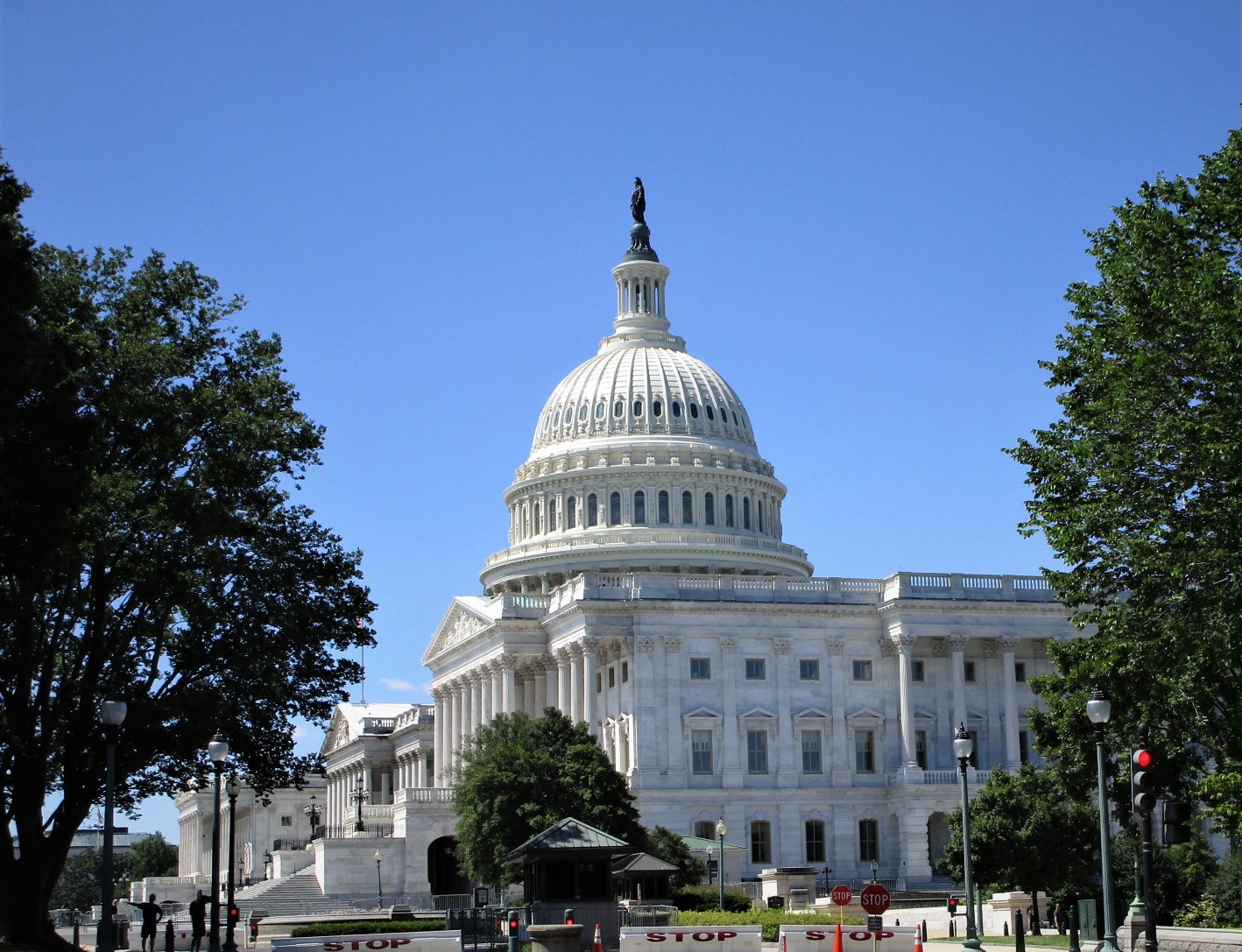New Bill Would Explore Making Netflix, Other Edge Providers, Pay Into Universal Service Fund
FCC's Carr applauds effort to expand contribution base to Google, Netflix and others

The smarter way to stay on top of the multichannel video marketplace. Sign up below.
You are now subscribed
Your newsletter sign-up was successful
A trio of Republicans has introduced a bill that would require the FCC to consider levying Universal Service Fund broadband subsidy fees on Big Tech edge providers including video streaming giants Netflix and YouTube.
There have been periodic calls to expand the USF contribution base given that it was set up to subsidize voice service to low income and hard-to-reach areas via fees on consumer's phone bills, while internet service has become the go-to communications technology for voice, video and data.
The Funding Affordable Internet with Reliable (FAIR) Contributions Act was introduced Wednesday (July 21) by Sens. Roger Wicker (R-Miss.), ranking member of the Senate Commerce Committee; Shelley Moore Capito (R-W. Va.); and Todd Young (R-Ind.).
Also Read: Who Should Pay for Universal Broadband Connectivity
The bill would direct the FCC to issue a Notice of Inquiry seeking comment on the feasibility of collecting USF contributions from edge providers, then report its findings to Congress within 180 days.
IT would also require the FCC to consider: 1) where it would get the money from edge providers, i.e. digital ads or user fees; 2) the fairness of the current contribution system; 3) how it might assess contributions from companies that it does not directly regulate; 4) the effects on tribal, low income and elderly consumers; and 5) what Congress would need to do to create the new contribution system.
“More consumers are moving to internet-based services,” said Wicker in a statement. “This raises concerns about the sustainability of fees collected from consumers’ telephone bills, which support broadband deployment in underserved areas. As online platforms continue to dominate the internet landscape, we should consider the feasibility of Big Tech contributing to the USF to ensure rural areas are not left behind as we work to close the digital divide.”
The smarter way to stay on top of the multichannel video marketplace. Sign up below.
It is just the latest effort by Congress to bring powerful edge providers into Washington's regulatory ambit.
Also Read: Wicker Seeks Detailed USF Accounting
Currently USF money--approximately $10 billion per year--is collected from telecommunications carriers, who pass along the fees to their customers. The fee is calculated according to a percentage of their interstate and international revenues.
Taxing Horseshoes to Build Highways
Republican Commissioner and Big Tech critic Brendan Carr was pleased with the new bill.
"For too long, Big Tech has been enjoying a free ride on our internet infrastructure," he said in a statement. "The current funding mechanism for the Universal Service Fund—a regressive tax on the monthly bills for traditional telephone service, both wireless and wireline—is unfair and unsustainable. Indeed, it’s like taxing horseshoes to pay for highways."
“Requiring Big Tech to contribute is more than fair. It is consistent with the network compact that has prevailed since the earliest days of America’s communications networks. Historically, the businesses that derived the greatest benefit from a communications network paid the lion’s share of the costs," he said. "I am pleased that the FAIR Contributions Act would call on the FCC to open a proceeding to look at ending the charge on consumers’ monthly telephone bills and shifting a fair amount over to Big Tech.”
Contributing editor John Eggerton has been an editor and/or writer on media regulation, legislation and policy for over four decades, including covering the FCC, FTC, Congress, the major media trade associations, and the federal courts. In addition to Multichannel News and Broadcasting + Cable, his work has appeared in Radio World, TV Technology, TV Fax, This Week in Consumer Electronics, Variety and the Encyclopedia Britannica.

